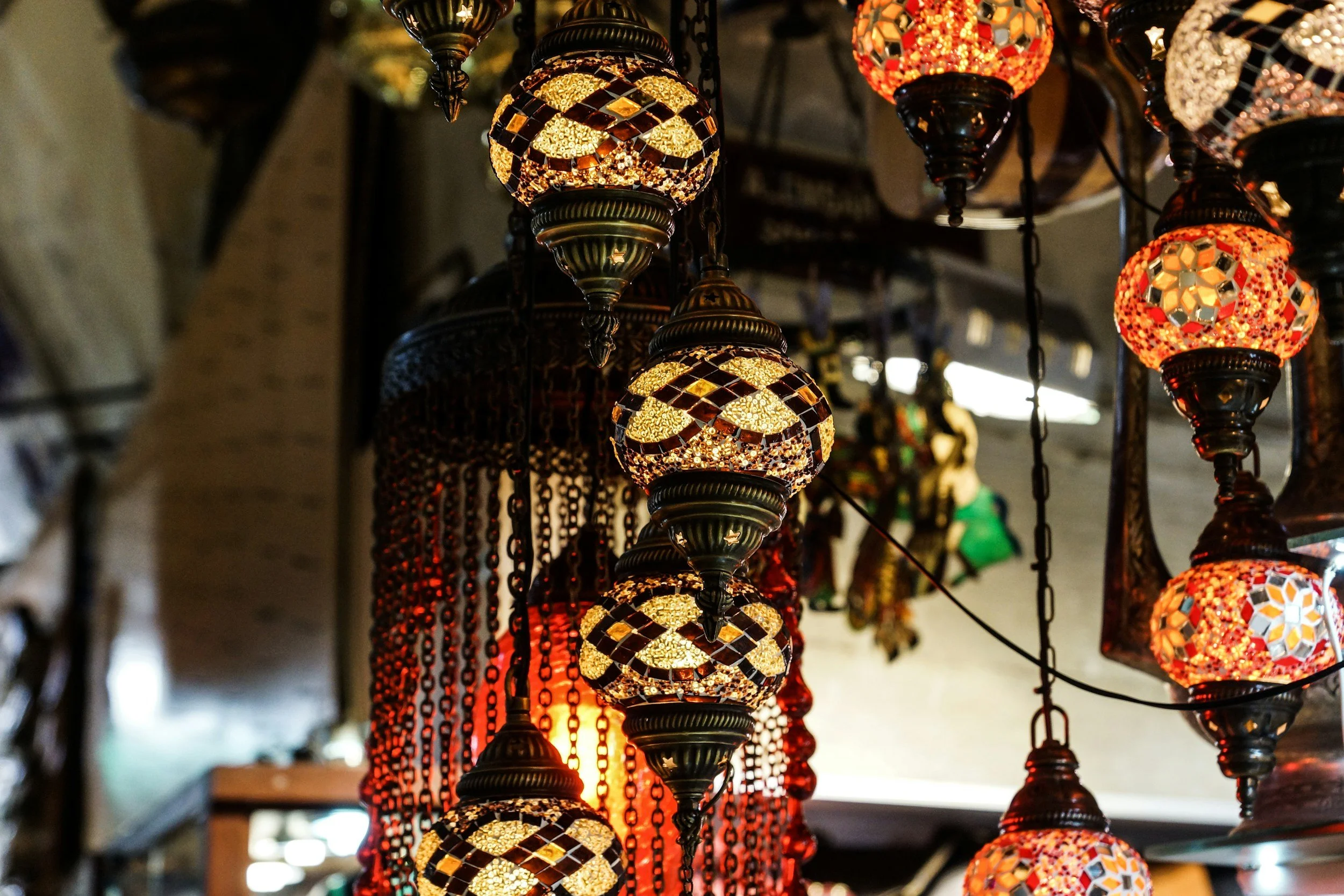Coping With Holiday Stress as a South Asian and Muslim American
The holiday season is often described as a time of joy, celebration, and family connection. But for many South Asian and Muslim Americans, this time of year can bring up complex emotions such as anxiety, grief, shame, loneliness, and overwhelm.
If you identify as South Asian or Muslim in the United States, holiday stress can feel especially heavy due to cultural expectations, intergenerational pressure, and the unique experience of navigating multiple identities.
Why the Holidays Feel Especially Difficult for South Asian & Muslim Americans
Grief, Loss, and Holiday Traditions
Holidays like Christmas, Diwali, Eid, and Thanksgiving can bring painful memories of loved ones who are no longer with us. You may miss a family recipe, a shared ritual, or the presence of someone whose energy made the celebration meaningful.
In many South Asian Muslim homes, traditions are deeply emotional—and losing them can make holidays feel unfamiliar or heavy.
Family Expectations and Cultural Pressure
Holiday gatherings often bring:
political or religious disagreements
unsolicited comments about your appearance
pressure around marriage, children, or career
comparisons with cousins or siblings
emotional invalidation
expectations to maintain cultural or religious norms
As you grow and evolve, your values may shift, bringing conflict to the surface during a time when you may crave community and belonging.
As a South Asian Muslim licensed psychologist in the U.S., I understand these cultural layers intimately, both personally and professionally.
How to Cope With Holiday Stress as a
South Asian Muslim American
1. Prioritize Self-Care
Winter is a season of rest. Allow yourself to honor that. Self-care can feel difficult in many South Asian Muslim families, especially if you are the eldest daughter or eldest son. The expectation to manage others’ needs can be exhausting.
Your self-care can be simple and accessible:
taking short breaks in a quiet room
splashing cold water on your face for grounding
eating regular meals
allowing yourself a comforting treat
stepping outside for fresh air
2. Set Gentle Boundaries
In many South Asian households, direct confrontation is seen as disrespectful. Softer boundaries often work better.
You might:
leave early or take breaks during gatherings
say, “Let’s talk about that another time”
redirect intrusive questions
ask a supportive cousin or sibling to help shift the conversation
physically step away when needed
These strategies help protect your mental health without intensifying conflict.
3. Prepare for Difficult Conversations
Think ahead about topics that tend to trigger stress, often marriage, career, religion, relationships, children, or lifestyle.
You can prepare responses such as:
“I appreciate the concern, but I’m not discussing that today.”
“I’d prefer to focus on something else right now.”
“Tell me how you have been doing lately.”
The buddy system is especially useful for South Asian Muslim families. A supportive cousin, partner, or sibling can help redirect or help you step away.
4. Seek Mental Health Support
If the holidays feel overwhelming, working with a therapist who understands South Asian and Muslim culture can make a meaningful difference. Culturally responsive therapy allows you to focus on healing—not explaining cultural context.
As a South Asian Muslim psychologist, I help clients navigate:
holiday stress
intergenerational conflict
cultural and religious pressure
anxiety and burnout
identity concerns
grief and family expectations
You do not need to navigate these experiences alone. If you believe these strategies may help you, I would be honored to support you.
You can schedule a free consultation call here.


